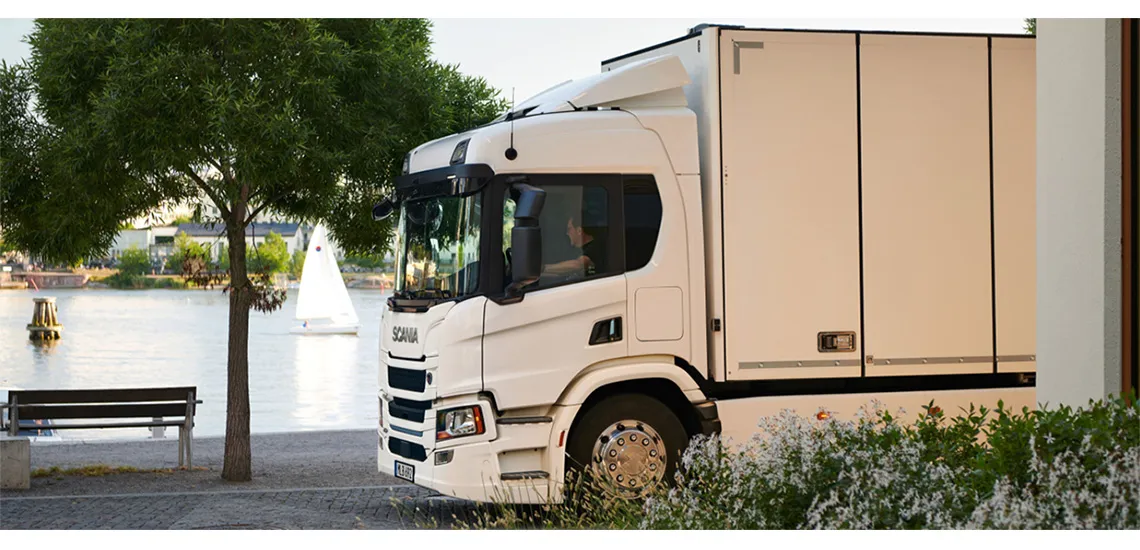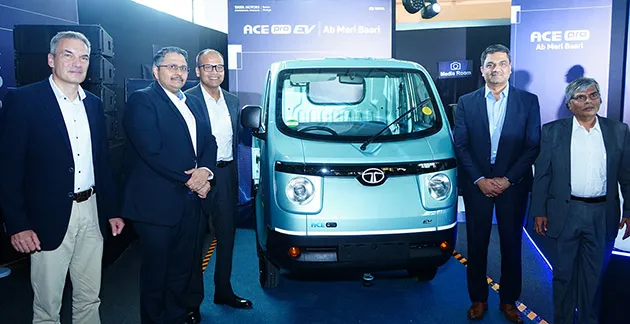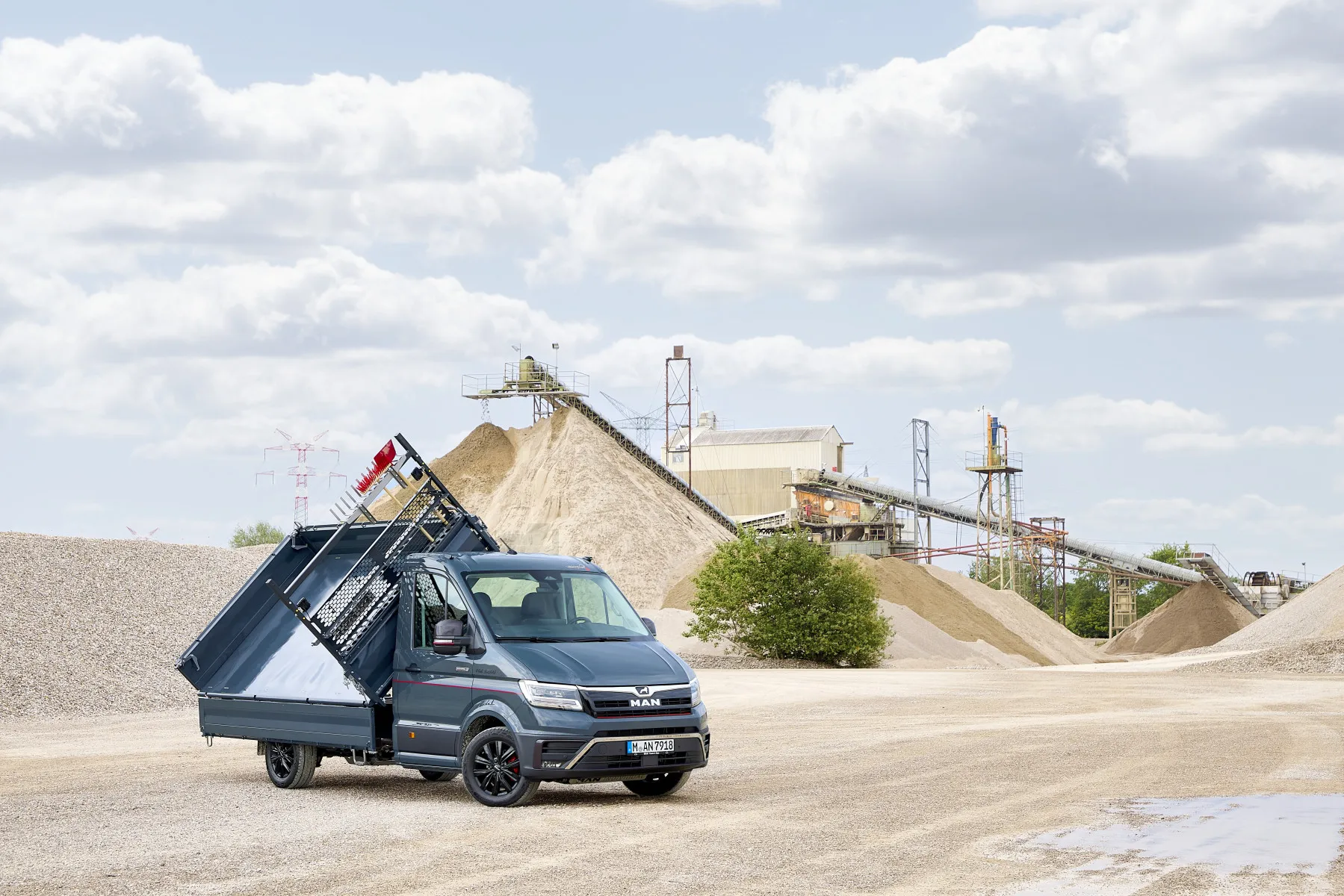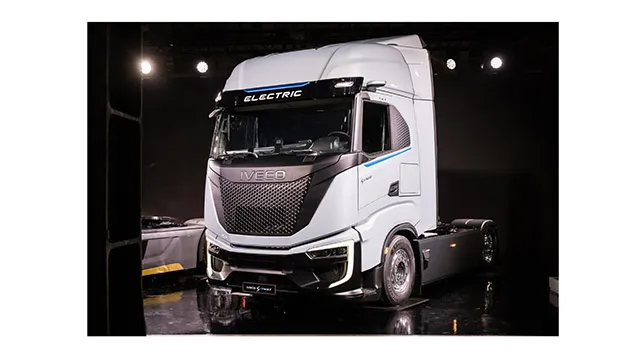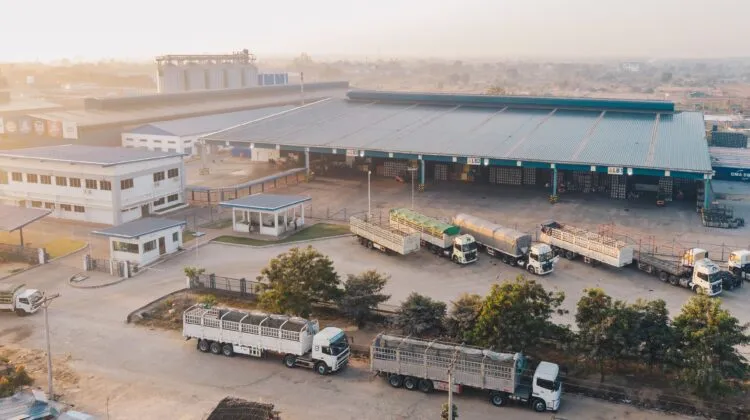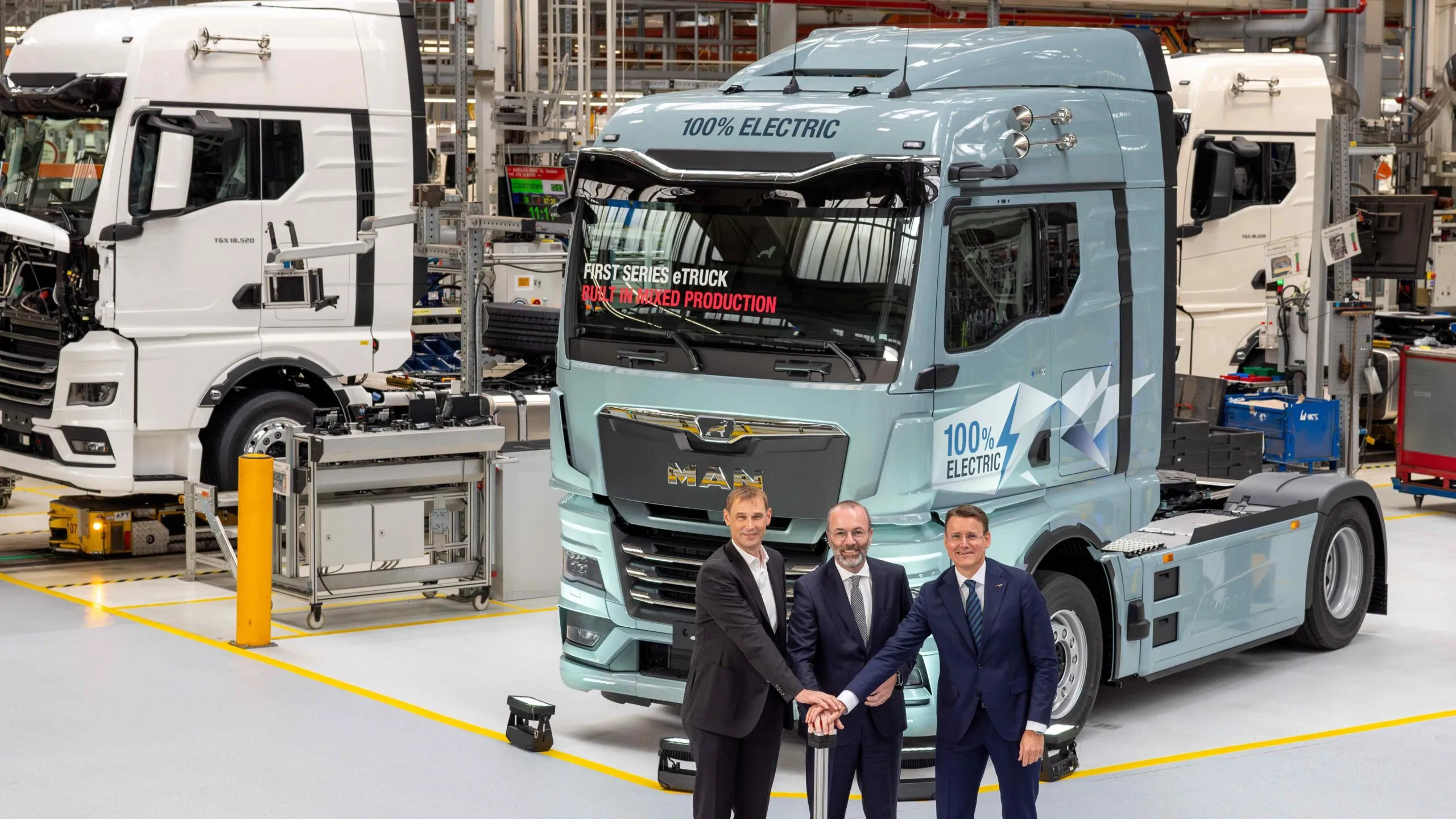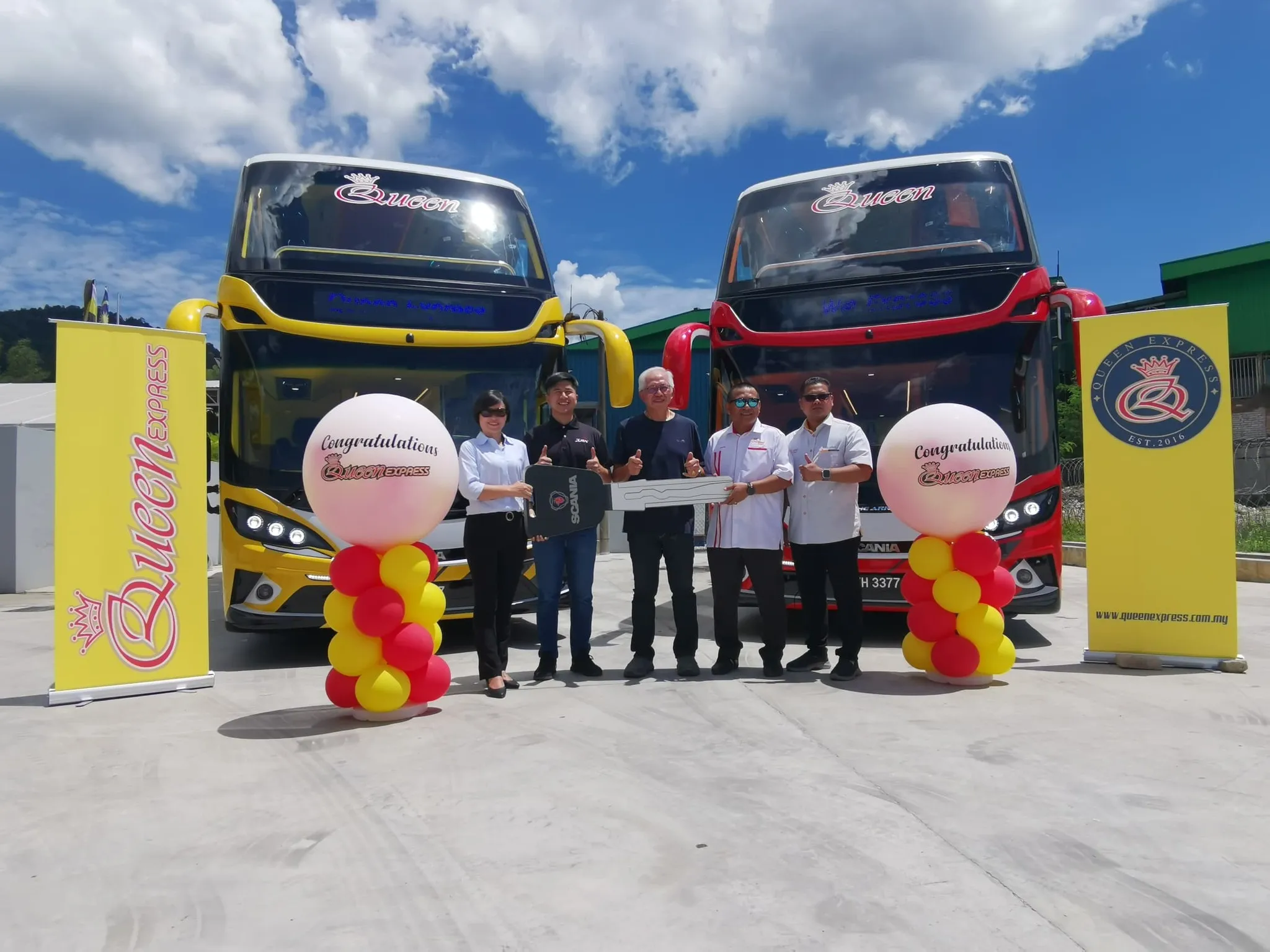Scania has continued its transition towards sustainable transport system options by enabling decarbonised transports solutions through battery electric vehicles, providing better transport economy for its customers.
Scania Explore New Technologies in its Battery Development
There has been a rapid development of electric solutions for heavy-duty vehicles, including the fast advancement of battery technology in respect of energy storage capacity per kg, as well as in charging time, charging cycles and economics per kg. With Scania having industry-leading fossil and biofuel powered solutions in...
Scania Explore New Technologies in its Battery Development
There has been a rapid development of electric solutions for heavy-duty vehicles, including the fast advancement of battery technology in respect of energy storage capacity per kg, as well as in charging time, charging cycles and economics per kg. With Scania having industry-leading fossil and biofuel powered solutions in...

